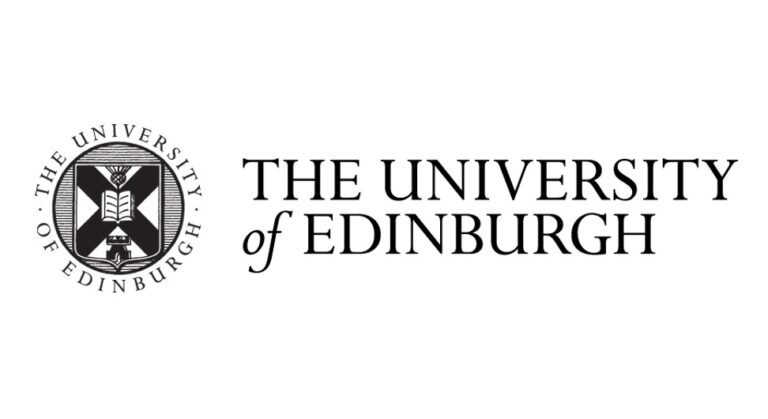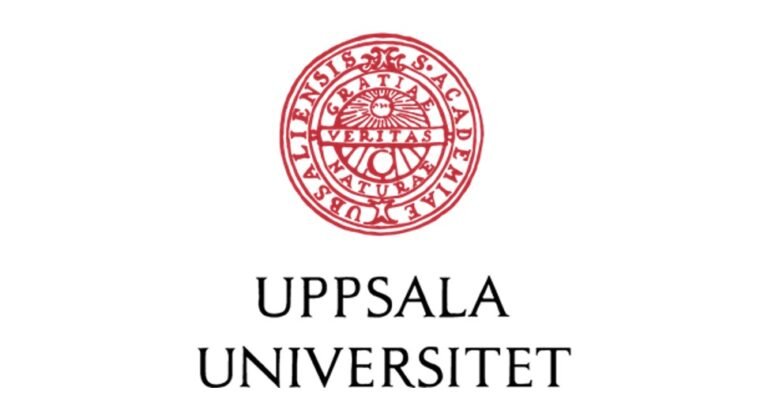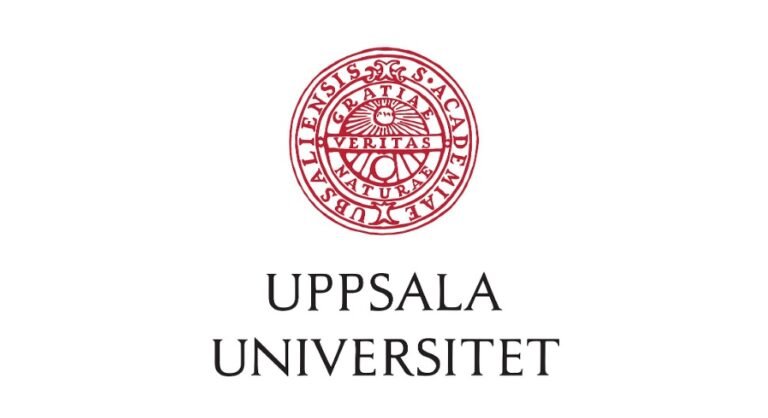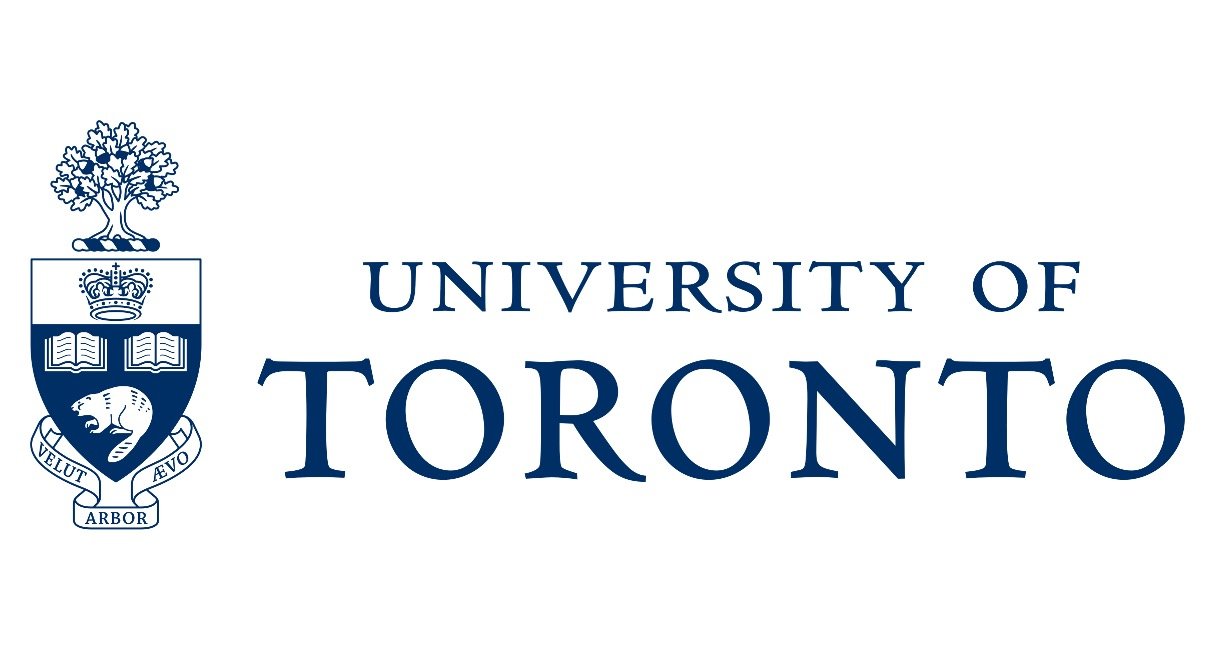A wide spectrum of target thermoplastic materials can be manufactured by tailoring polymer blends to achieve particular combinations of end-user performance (e.g. mechanical, electrical, structural support) properties, important in various industrial sectors, especially in extreme-condition environments. These polymeric material classes include the widely used polyolefins (PE, PP), but also others derived from higher-MW monomers (PS, PVC, PVP, PC, PTFE, etc. ). The key challenge here is to computationally predict (and experimentally confirm) optimal blend compositions which can be manufactured reasonably easily (high processability via extrusion, blow moulding, etc.), in order to achieve formulated products which achieve (or exceed) the said end-user properties, under reasonable total (fixed+operating) cost per unit mass.
Over the years, the UoE Polymer Engineering Laboratory has compiled a wealth of experimental datasets for many blend-condition combinations (virgin/recycled feedstocks, input molecules, temperatures, extrusion/moulding settings, product macro-dimensions) e.g. Polymers 2023, 15(21), 4200 (https://doi.org/10.3390/polym15214200). Constructing first-principles mathematical models which combine macromolecular physical chemistry (e.g. Flory-Huggins theory) descriptions with mass/heat balances towards end-product property estimation, rigorous unit operation (e.g. extruder) design and optimisation is extremely cumbersome, both due to mathematical complexity, but even more so due to the extreme and pervasive parametric uncertainty hampering such efforts.
Therefore, this PhD project aims to combine state-of-the-art Artificial Intelligence (AI) and Machine Learning (ML) methodologies in order to explore optimal blending and processing conditions for polymeric material classes, towards developing materials which will achieve high performance indices for key target properties, while also ensuring high processability and cost-optimal manufacturing at scale.
Strong computational skills, an interest in statistics, and prior experience in numerical methods/software (MATLAB, Python) are essential; prior ML-based project work is desirable.
Further Information:
www.eng.ed.ac.uk/about/people/dr-dimitrios-i-gerogiorgis
https://vasileioskoutsos.wixsite.com/softmaterials
The University of Edinburgh is committed to equality of opportunity for all its staff and students, and promotes a culture of inclusivity. Please see details here: https://www.ed.ac.uk/equality-diversity







